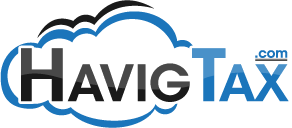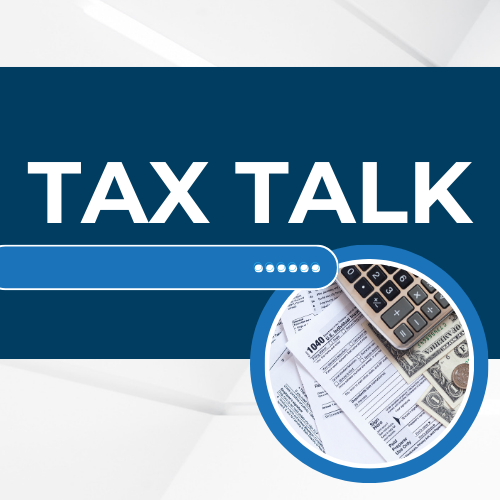Accrual vs Cash Accounting
Cash vs Accrual Accounting Method: What's the difference?

Choosing the right accounting method is crucial for small business owners to manage their finances effectively. Two common methods are accrual accounting and cash accounting. Understanding the differences between these approaches can help business owners select the best fit for their operations.
Cash Accounting
Cash accounting is straightforward and commonly used by small businesses and sole proprietors. In this method, income is recorded when cash is received, and expenses are recorded when they are paid. For example, if a business invoices a client in December but doesn't receive payment until January, the income is recorded in January.
The simplicity of cash accounting makes it appealing, especially for businesses with minimal transactions. It provides a clear view of cash flow, making it easier to manage day-to-day finances. However, its simplicity can be limiting. Since revenue and expenses are only recorded when money changes hands, cash accounting may not provide an accurate picture of long-term profitability.
Accrual Accounting
Accrual accounting records income when it is earned and expenses when they are incurred, regardless of when cash is received or paid. Using the same example, if a business invoices a client in December, the income is recorded in December, even if the payment arrives in January.
This method provides a more accurate financial picture, as it aligns revenue with related expenses, giving a clearer sense of profitability over time. Accrual accounting is required for businesses with annual revenues over $25 million or those carrying inventory, per IRS guidelines.
Which Is Right for Your Business?
Cash accounting may be suitable for very small businesses, freelancers, or those with straightforward financial transactions. It simplifies tax filing and reduces administrative tasks. However, businesses looking to grow, manage inventory, or seek outside funding may benefit from accrual accounting’s detailed financial insights.
Before deciding, consult with a tax advisor or accountant to determine which method best supports your business goals. Choosing the right accounting method can enhance financial management, simplify tax compliance, and support long-term business success. Understanding these key difference















